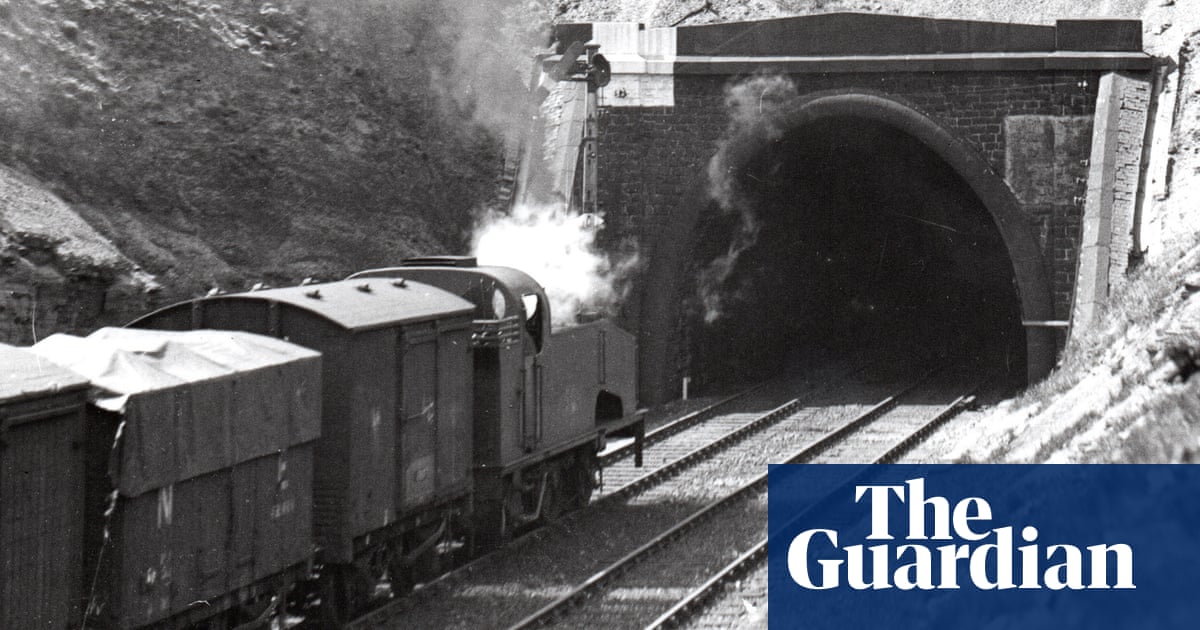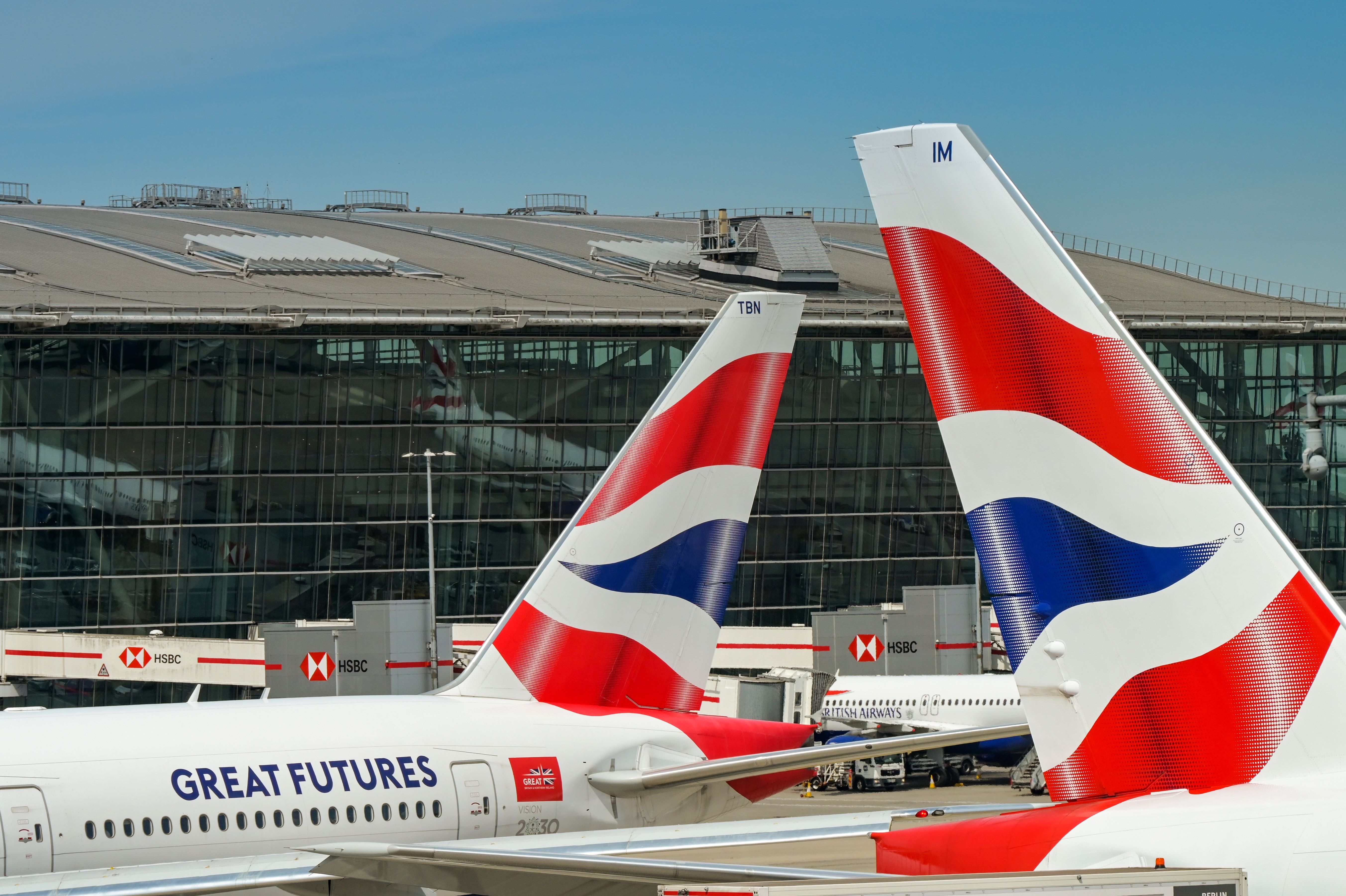T4K3.news
Great British Railways faces scrutiny over proposed plans
The Centre for Policy Studies warns that GBR may repeat past failures without reform.

Calls for more oversight of Great British Railways highlight potential pitfalls.
Great British Railways risks repeating historical errors
Great British Railways (GBR) faces criticism for potentially repeating the mistakes of British Rail as plans for its establishment raise concerns. A report from the Centre for Policy Studies warns that the structure of GBR could hinder innovation and reduce competition. The plan, which intends to have GBR absorb Network Rail, is seen as overly centralised without sufficient checks on its power. Key issues include the proposed decrease in the role of the Office of Rail and Road, raising fears of diminished independent oversight. The report recommends increasing open access operations for private rail firms, citing successful international examples of fare reductions. GBR also has the opportunity to enhance its commercial activities, leveraging its extensive land holdings for additional revenue. As GBR prepares to launch fully in 2025 amid growing public scrutiny, calls for accountability and transparency remain paramount.
Key Takeaways
"No organisation should mark its own homework"
This quote highlights concerns over GBR's potential lack of independent regulation.
"GBR should not be its own regulator"
A clear warning about the dangers of self-regulation within GBR's proposed structure.
"The emphasis on commercial viability suggests a promising direction"
This reflects on GBR's focus on revenue generation while raising concerns about oversight.
"Countries like Italy and Sweden have used a similar model to reduce fares"
An example of successful international practices that could inform GBR's strategy.
The future of Great British Railways hinges on its ability to learn from the past. Critics argue that without proper oversight and a commitment to open competition, GBR might replicate the failures that led to British Rail's downfall. The emphasis on commercial viability suggests a promising direction, yet the centralisation of power could stifle the very innovation it seeks to promote. As public pressure mounts, the true test will be whether GBR can balance oversight with operational independence, ensuring that taxpayer funds are well-utilised.
Highlights
- No organization should mark its own homework.
- GBR risks becoming too powerful without checks.
- Countries like Italy reduced rail fares by 60%.
- Transparency is key for GBR to win public trust.
Concerns over regulatory oversight
The structure of GBR may weaken regulatory checks, risking efficiency and accountability. This raises issues around potential public backlash against increased government control and resource allocation.
The path ahead for GBR must prioritize transparency to build public trust.
Enjoyed this? Let your friends know!
Related News

DfT relocates hundreds of staff to state-owned rail operator

Federal Reserve faces scrutiny over renovation costs
Trump appointees influenced marble renovation costs in Federal Reserve

River Island faces potential collapse as stores set to close

River Island faces collapse without creditor approval

New report highlights urgent water pollution concerns in the U.K.

Campaigners protest Queensbury tunnel closure

Heathrow expansion faces strong opposition from rival proposal
